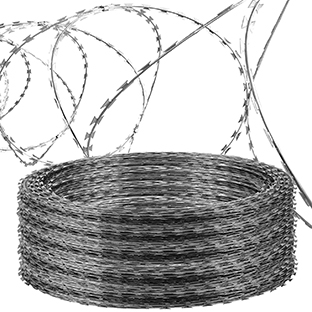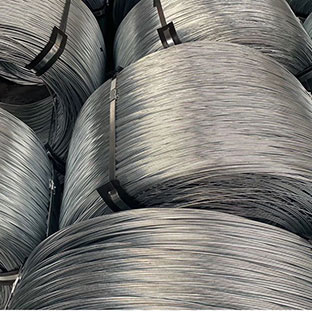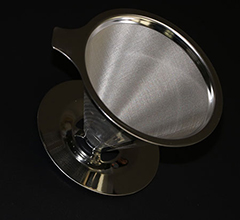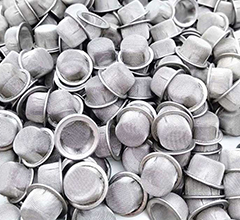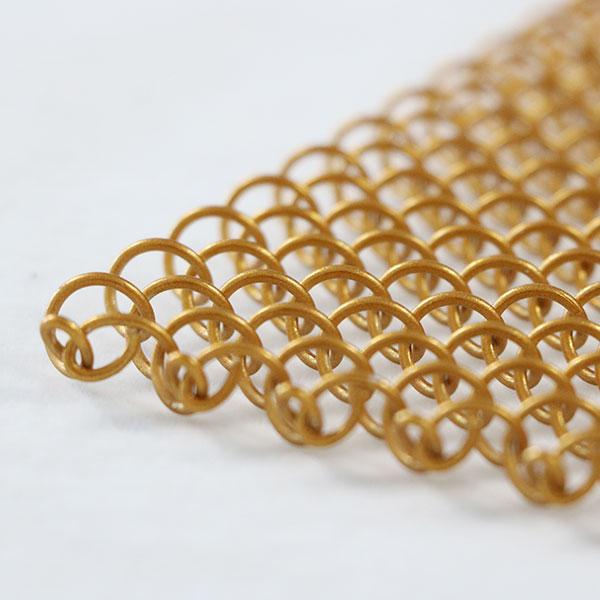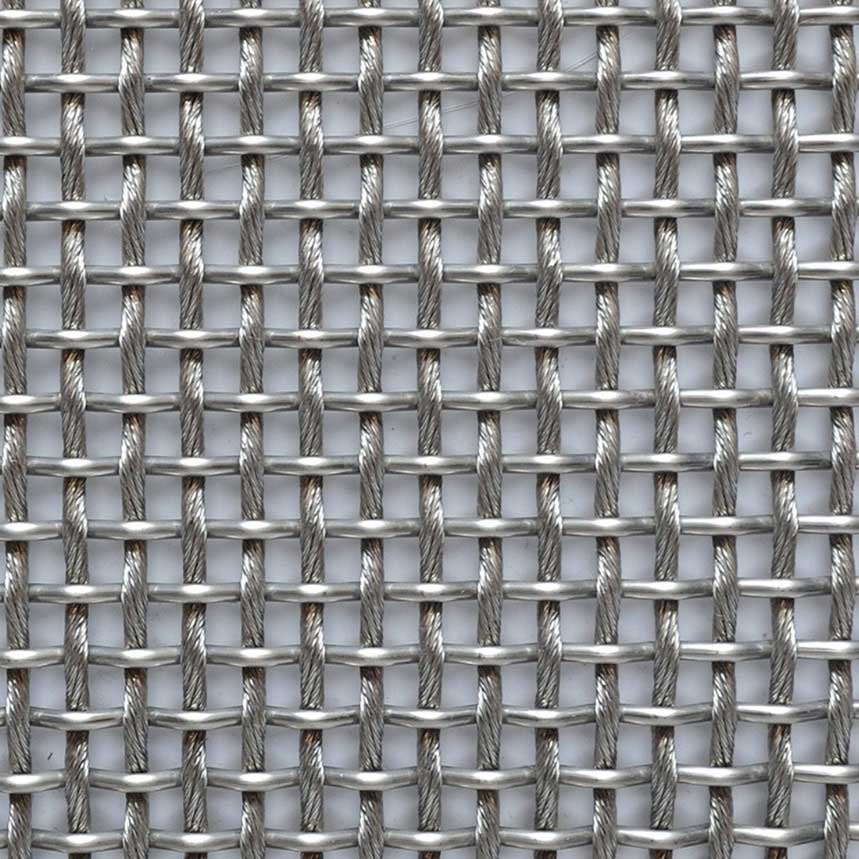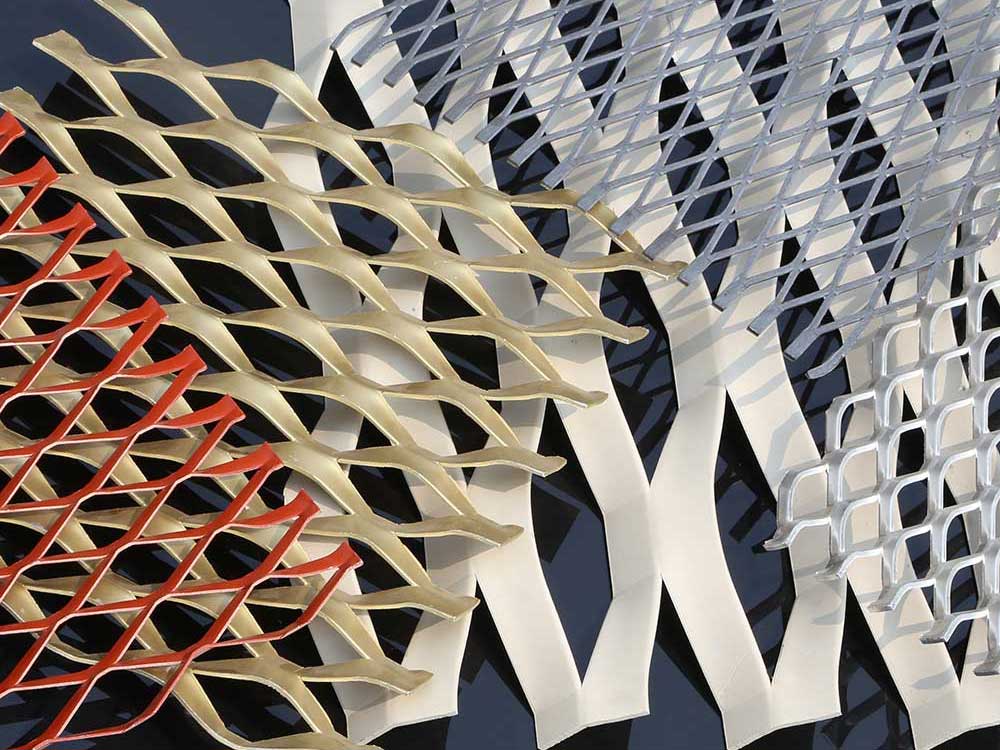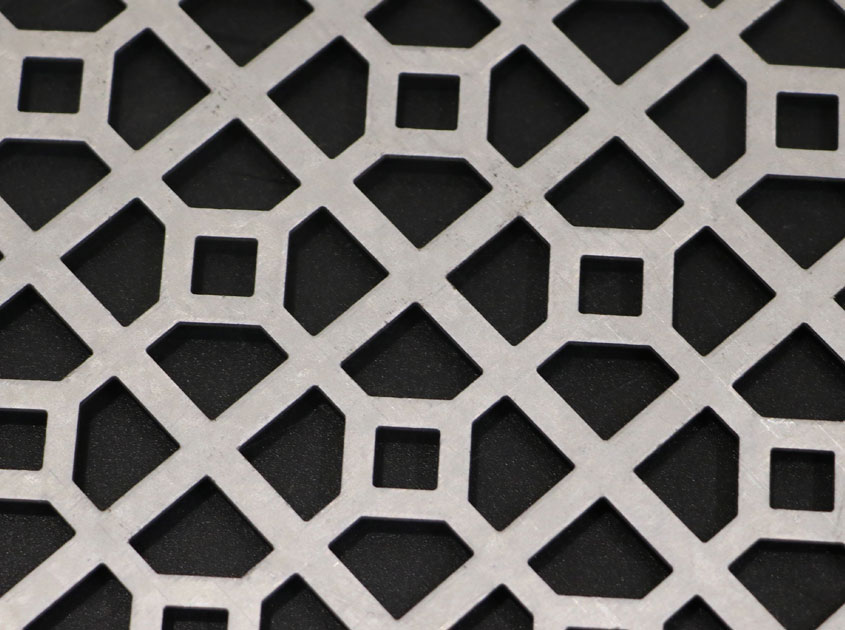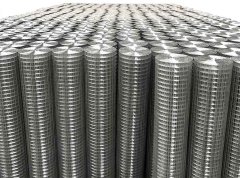Stainless steel wire mesh is a versatile material that finds application in various industries, including filtration, sieving, and protection. To enhance its functionality and adaptability, stainless steel wire mesh is available in different types of edges and finishes. In this article, we will delve into the variety of edges and finishes available for stainless steel wire mesh, providing insights into their features and applications.

Selvage or Unfinished Edge:
The selvage or unfinished edge is the most common type of edge for stainless steel wire mesh. It is the standard edge that remains untreated after the wire mesh is woven. This edge is typically formed by the loose ends of the wires and provides a clean and smooth finish. The selvage edge is suitable for general applications where edge treatment is not a critical factor.

Welded Edge:
Welded edges are created by welding the loose wire ends of the stainless steel wire mesh together. This process strengthens the edges, preventing fraying or unraveling of the wires. Welded edges provide added durability and stability, making them suitable for applications requiring frequent handling or where the wire mesh is subjected to mechanical stress.

Folded or Hemmed Edge:
A folded or hemmed edge is formed by bending the wires along the edges of the stainless steel wire mesh. This folding technique improves the edge's strength and safety by encapsulating the wire ends within the folded edge. Folded edges eliminate sharp edges and potential snagging hazards, making them ideal for applications where safety is a concern, such as protective barriers or sieving applications.


.jpg)




.png)






































